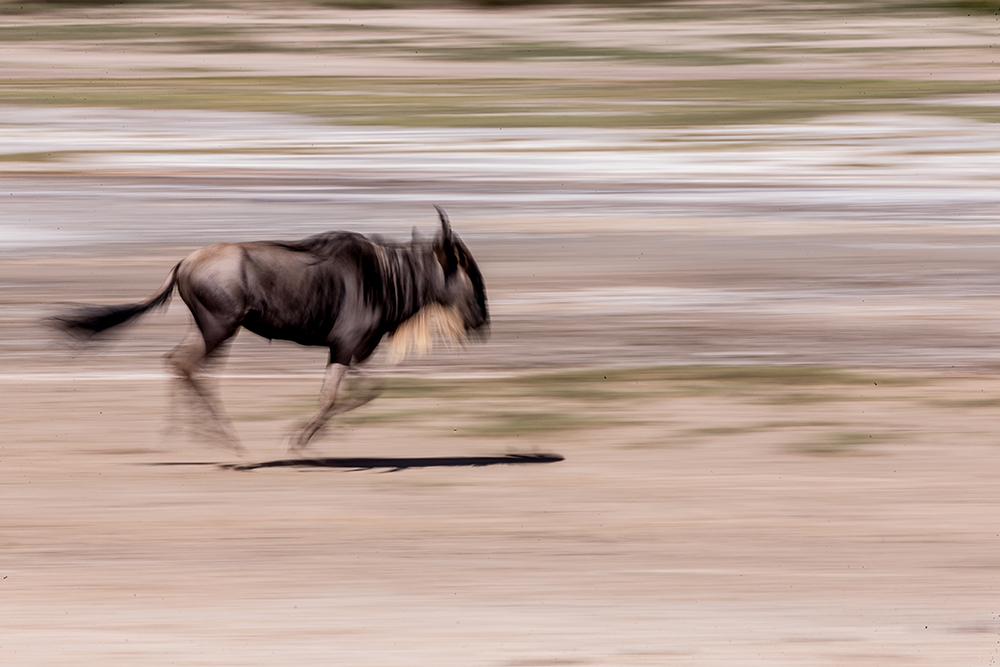Imitating the agile locomotion skills of animals has been a longstanding challenge in robotics. Manually-designed controllers have been able to reproduce many complex behaviors, but building such controllers is time-consuming and difficult. According to Xue Bin Peng (Google Research and University of California, Berkeley) and his co-authors, reinforcement learning provides an interesting alternative for automating the manual effort involved in the development of controllers. In their work, they present “an imitation learning system that enables legged robots to learn agile locomotion skills by imitating real-world animals” (Xue Bin Peng et al. 2020). They show “that by leveraging reference motion data, a single learning-based approach is able to automatically synthesize controllers for a diverse repertoire behaviors for legged robots” (Xue Bin Peng et al. 2020). By incorporating sample efficient domain adaptation techniques into the training process, their system “is able to learn adaptive policies in simulation that can then be quickly adapted for real-world deployment” (Xue Bin Peng et al. 2020). For demonstration purposes, the scientists trained “a quadruped robot to perform a variety of agile behaviors ranging from different locomotion gaits to dynamic hops and turns” (Xue Bin Peng et al. 2020).
BY OLIVER BENDEL
